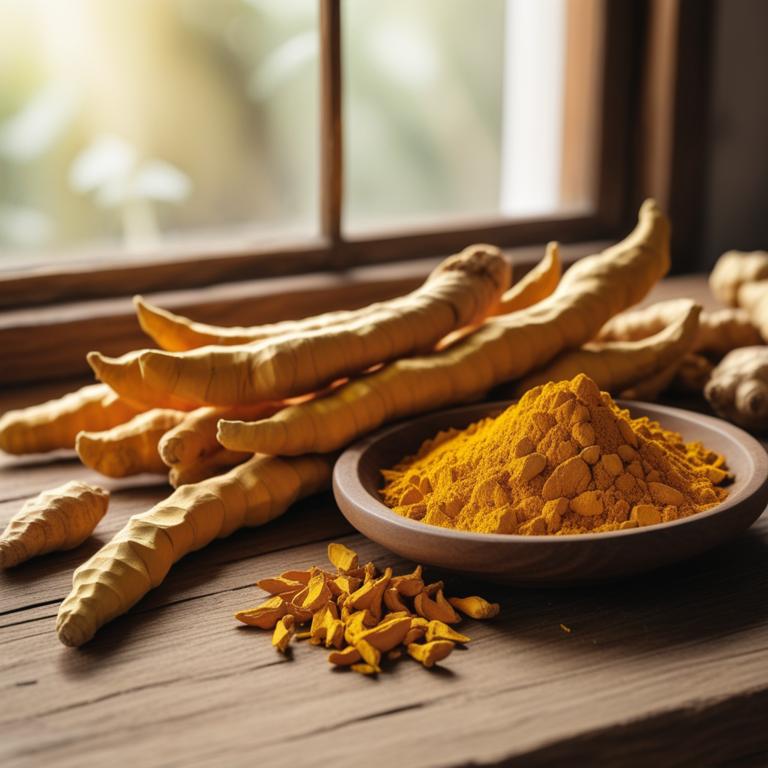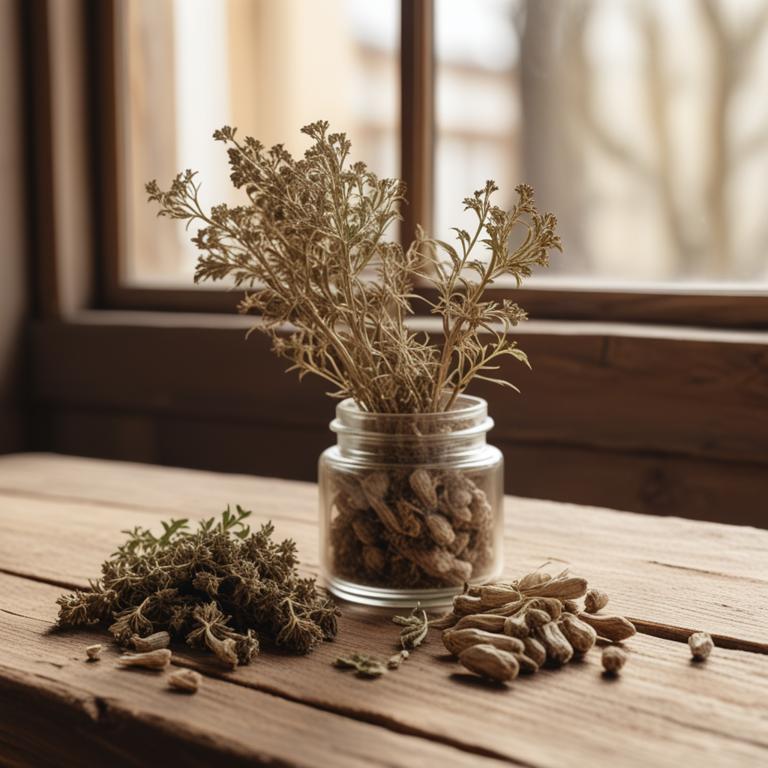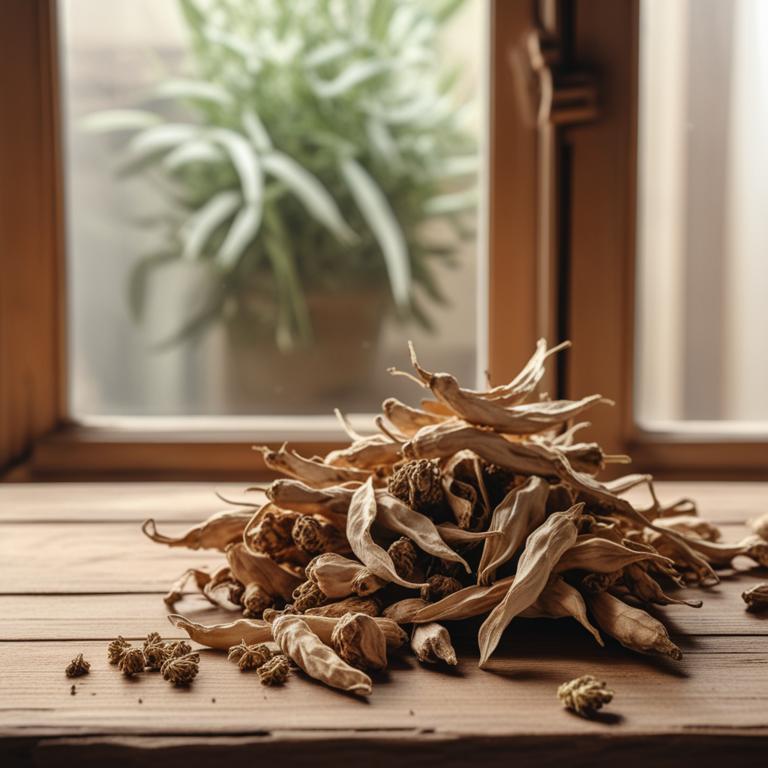Updated: Dec 1, 2024
Understanding Abdominal Pain Causes and Herbal Solutions
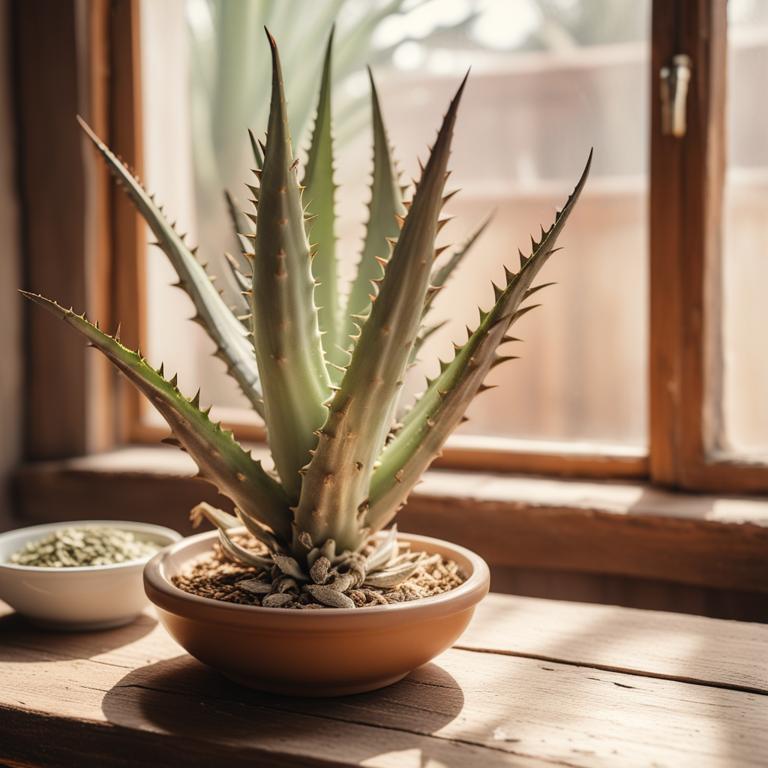
Abdominal pain can be a real nuisance, affecting your daily life in many ways.
It can make it difficult to eat, sleep, and even move around comfortably. But what causes this discomfort?. It could be something as simple as eating a spicy meal, or something more serious like a digestive issue, infection, or even a medical condition. Abdominal pain can come from a variety of sources, and it's always best to consult a doctor to determine the cause. However, herbal remedies can be a helpful addition to your treatment plan.
Herbs like peppermint and ginger have anti-inflammatory properties that can help soothe the digestive system and reduce pain. Chamomile and licorice root can also help calm the stomach and reduce inflammation. To use these herbs for abdominal pain, you can try drinking teas made from dried herbs, or taking supplements in capsule or tincture form. You can also try applying a warm compress to your abdomen to help relax the muscles and improve blood flow. Some herbal teas, like peppermint and ginger, can be made at home by steeping fresh herbs in hot water, while others, like chamomile, can be found in pre-made tea bags.
Whatever form you choose, herbal remedies can be a natural and effective way to find relief from abdominal pain.
Table of Contents
- What are the causes behind abdominal pain?
- What are the benefits of employing herbs for relief from abdominal pain?
- What are the primary medicinal herbs used to treat abdominal pain?
- What herbal preparations are commonly employed to relieve abdominal pain?
- Are there any herbs you should avoid if you have abdominal pain?
- FAQ
What are the causes behind abdominal pain?
The main causes of abdominal pain are often related to the organs and systems in the abdominal cavity.
Gastro issues, for example, can cause abdominal pain due to inflammation or irritation of the stomach lining, often resulting from food poisoning, spicy food, or an allergic reaction. Appendicitis is another common cause, where the appendix, a small pouch attached to the large intestine, becomes inflamed and infected, usually due to a blockage or bacterial infection.
Cholecystitis, on the other hand, is the inflammation of the gallbladder, often caused by gallstones blocking the bile ducts, which can lead to severe abdominal pain. Diverticulitis is a condition where pouches in the wall of the large intestine become inflamed or infected, often due to a low-fiber diet or constipation. Pancreatitis, the inflammation of the pancreas, can be caused by excessive drinking, gallstones, or high levels of triglycerides in the blood, leading to severe abdominal pain.
In many cases, abdominal pain can be a symptom of an underlying condition, and it's essential to seek medical attention if the pain is severe, persistent, or accompanied by other symptoms such as fever, nausea, or vomiting.
What are the benefits of employing herbs for relief from abdominal pain?
Using herbs for abdominal pain can be really helpful.
One of the main benefits is that they can reduce inflammation and swelling in the abdominal area, which can help ease pain and discomfort. Some herbs can also help relax the muscles in the stomach and intestines, which can help reduce spasms and cramps.
Others can improve digestion and help food move through the digestive system more smoothly, reducing the risk of pain and discomfort. Additionally, certain herbs have natural anti-inflammatory and antibacterial properties, which can help fight off infections and reduce inflammation.
This can be especially helpful for people who experience recurring abdominal pain or have conditions like irritable bowel syndrome.
What are the primary medicinal herbs used to treat abdominal pain?

Herbs can be a helpful natural remedy for abdominal pain.
One herb that may help is Zingiber officinale, or ginger. Ginger has anti-inflammatory properties that can reduce swelling and ease pain in the abdominal area. It's also a natural digestive aid, which can help regulate bowel movements and prevent stomach upset. Foeniculum vulgare, or fennel, is another herb that may offer relief from abdominal pain. Its active compound, anethole, has a relaxing effect on the digestive system, which can help soothe cramps and spasms. Fennel also has a carminative effect, meaning it can help release trapped gas and reduce bloating. Curcuma longa, or turmeric, contains a powerful compound called curcumin, which has potent anti-inflammatory properties. Curcumin can help reduce inflammation and pain in the abdominal area, and may even help prevent the formation of scar tissue.
Turmeric has also been used to aid digestion and reduce symptoms of irritable bowel syndrome. Glycyrrhiza glabra, or licorice root, has anti-inflammatory properties that can help soothe digestive issues. It's also been used to protect the mucous membranes in the stomach and intestines from irritation and damage. Licorice root may help reduce inflammation and pain in the abdominal area, and can also help regulate bowel movements. Mentha x piperita, or peppermint, is a cooling herb that may help ease abdominal pain and discomfort. Its active compound, menthol, has a relaxing effect on the digestive system, which can help soothe cramps and spasms. Peppermint oil can also help reduce inflammation and ease digestive issues, making it a popular natural remedy for abdominal pain. When using these herbs for abdominal pain, it's essential to note that everyone's body is different, and what works for one person may not work for another.
It's also crucial to consult with a healthcare professional before using any new herbal remedies, especially if you have a pre-existing medical condition or are taking any medications.
What herbal preparations are commonly employed to relieve abdominal pain?

Herbal preparations can be great for relieving abdominal pain.
One way to get these benefits is through Tincture Capsules, which are small, easy-to-swallow capsules filled with a concentrated liquid extract of herbs. For example, peppermint tincture capsules can help calm stomach cramps and soothe digestive issues. Another option is Tea Infusion, where you steep dried herbs in hot water to make a tea. Ginger tea infusion can ease nausea and reduce inflammation in the digestive tract. This method is great for gentle, long-term relief.
Decoction is another way to prepare herbs, but it involves boiling the herbs in water for a longer time than infusion. This method is often used for roots and bark, like dandelion root decoction, which can help stimulate digestion and reduce bloating. Glycoside Extract is a concentrated form of certain herbs that contain glycosides, which are chemical compounds that can help relax muscles and reduce pain. For example, glycoside extract from cramp bark can help ease muscle cramps in the abdominal area. Finally, Salve can be used topically to help soothe and calm the abdominal area. A salve made from herbs like chamomile or calendula can provide a cooling, anti-inflammatory effect that can help reduce pain and discomfort.
Remember to always consult with a healthcare professional before trying any herbal remedies, especially if you have a pre-existing medical condition or are taking medication.
Additional Resources:
Are there any herbs you should avoid if you have abdominal pain?
If you're experiencing abdominal pain, it's a good idea to steer clear of certain herbs that could make things worse.
Taxus baccata, also known as yew, contains a toxic compound that can cause stomach problems and even damage your liver and kidneys. Similarly, Aristolochia clematitis, or birthwort, has been linked to stomach ulcers and kidney damage, which can be especially problematic if you're already in pain.
Cassia auriculata, or chakramarda, has been known to cause stomach irritation and even allergic reactions in some people, which could exacerbate your abdominal pain. Cinchona officinalis, or Peruvian bark, contains quinine, a compound that can cause stomach upset and nausea, making it a poor choice if you're already feeling queasy.
Valeriana officinalis, or valerian, may seem like a soothing herb, but it can also cause stomach problems and interact with certain medications, which could worsen your abdominal pain.
FAQ
Are there any specific herbs that can prevent abdominal pain?
Ginger is often used to help with stomach issues, including abdominal pain.
It has natural anti-inflammatory properties that can soothe the digestive system. Peppermint oil can also be beneficial, as it can ease cramps and discomfort.
These herbs can help alleviate symptoms, but it's essential to address the root cause of the pain for long-term relief.
Is it safe to use herbal remedies for abdominal pain during pregnancy?
During pregnancy, it's generally recommended to avoid herbal remedies for abdominal pain unless they're approved by your healthcare provider.
Some herbal remedies can cause problems for the baby or the mother. For example, pennyroyal and blue cohosh can cause bleeding or affect the baby's development.
It's best to stick with what you know is safe.
Are there any herbs that can reduce the frequency of abdominal pain?
Ginger has been used for centuries to help ease abdominal pain.
Its anti-inflammatory properties may help reduce the frequency of cramps and discomfort.
Peppermint oil also has a calming effect on the digestive system, which can help alleviate symptoms of irritable bowel syndrome and other conditions that cause abdominal pain.
Related Articles

Stomach Cramps: Effective Herbal Preparations and Medicinal Plants
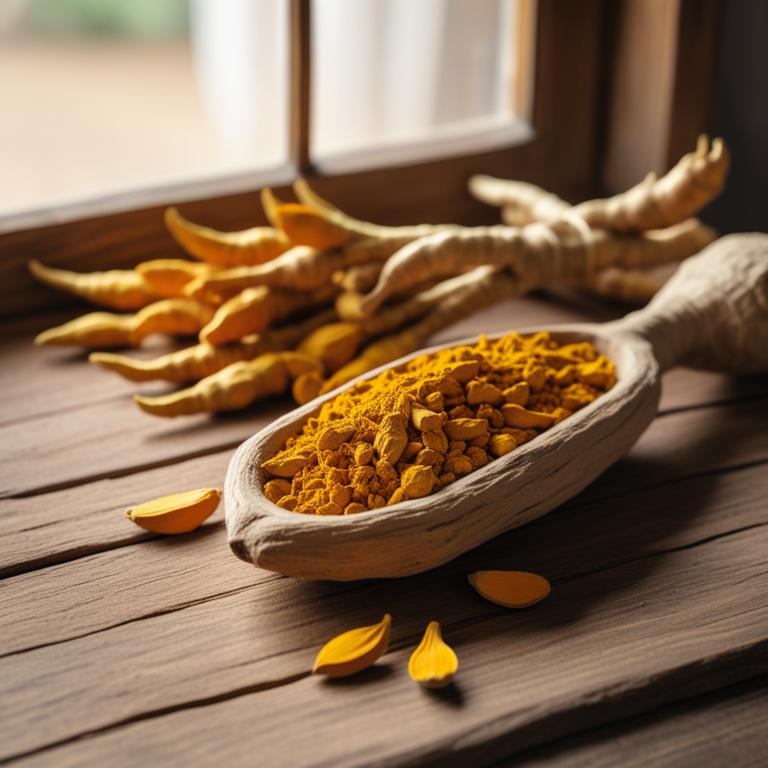
Causes and Herbal Treatments for Upper Abdominal Pain

Causes and Herbal Solutions for Flatulence Relief
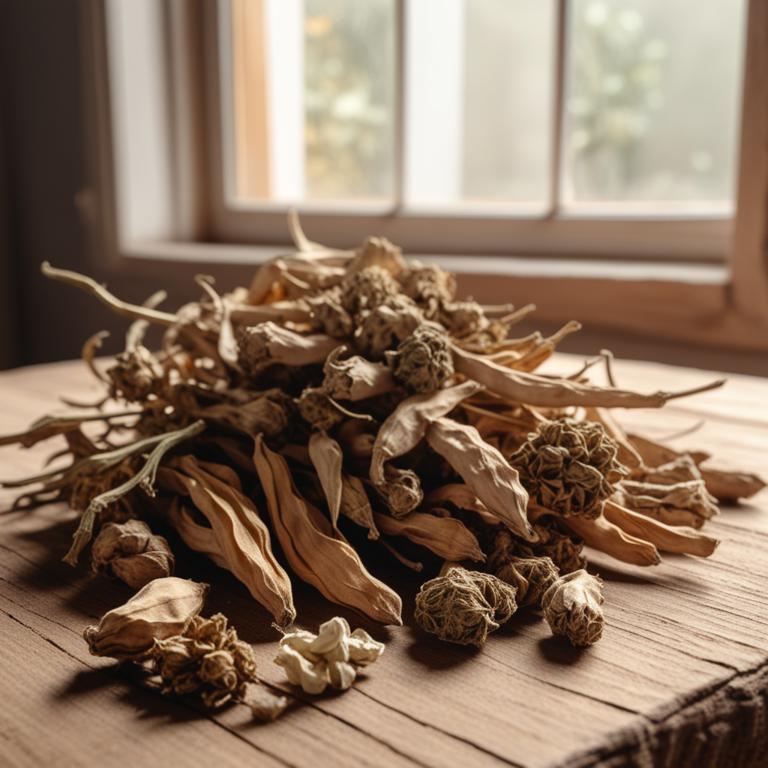
Gerd: Understanding the Causes and Benefits of Herbal Remedies

Hemorrhoids Causes, Symptoms, and Natural Herbal Preparations




